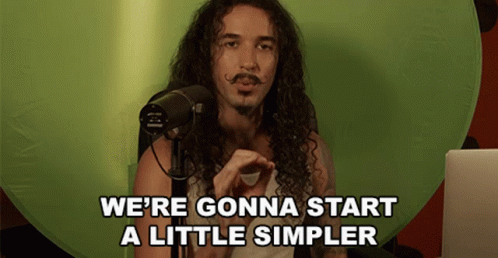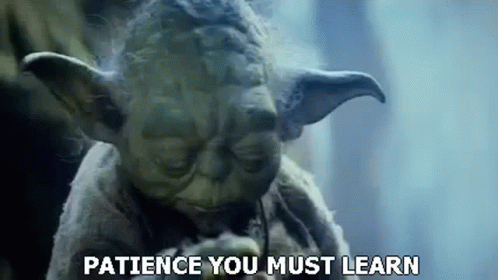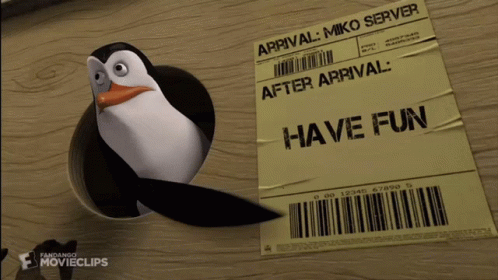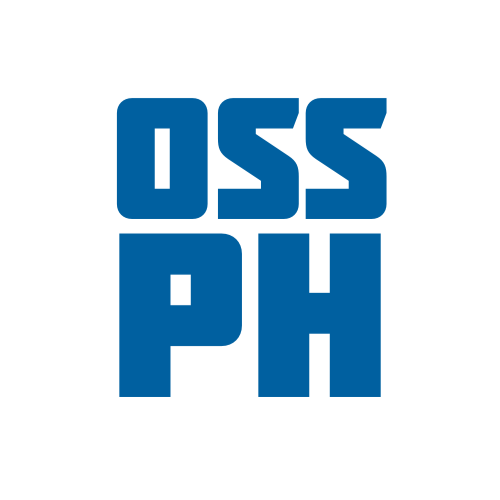How to start in Open Source as a beginner

Open source software has become an essential part of the modern technology landscape. Not only is it free to use, but it also allows anyone to contribute to its development. If you're new to open source, it can be very overwhelming. Here are some tips and tricks to help you get started:

Find a project that interests you
The first step is to find an open source project that you're interested in. Look for a project that aligns with your skills and interests. There are many websites that can help you find open source projects, such as GitHub, GitLab, and Bitbucket.

Read the documentation
Once you've found a project that interests you, it's important to read the documentation. The documentation will give you an overview of the project and its goals. It will also provide instructions on how to contribute to the project. Make sure to read the documentation thoroughly before you start contributing.

Start small
When you first start contributing to an open source project, it's important to start small. Look for easy bugs or issues that you can fix. This will help you get familiar with the project's codebase and the development process.

Ask for help
Don't be afraid to ask for help. Most open source projects have a community of developers who are willing to help beginners. If you're unsure about something, ask for clarification. You can usually find the community on forums or chat platforms.

Follow the project's coding style
Each open source project has its own coding style. It's important to follow the project's coding style to ensure that your contributions are consistent with the rest of the codebase. This will also make it easier for other developers to review your code.

Test your code
Before you submit your code, make sure to test it thoroughly. This will help ensure that your code is working as intended and doesn't introduce any new bugs. You should also run any automated tests that are provided by the project.

Be patient
Contributing to open source projects can be a slow process. Don't expect your contributions to be accepted immediately. It may take several iterations before your code is accepted. Be patient and don't give up.

Build your portfolio
Contributing to open source projects is a great way to build your portfolio. It shows potential employers that you have real-world experience and are passionate about software development. Make sure to highlight your contributions on your resume or portfolio.
And most importantly...

Have fun!
Engaging in Open Source can be a challenging and sometimes intimidating for beginners, but finding ways to make it fun and enjoyable can help you develop a deeper love and appreciation for it. Experimenting with different projects, trying out new programming languages, or participating in community events can all be great ways to have fun with open source. When you find joy in the work you're doing, you're more likely to stick with it and continue learning and growing. Plus, having fun with open source can also lead to new friendships and connections within the community, which can make the experience even more rewarding.
About the author
Joff Tiquez, hailing from Manila, Philippines, is the individual behind the establishment of OSSPH. He is a web developer who strongly supports open source and has been overseeing projects like Vue Stripe for an extended period. To get in touch with Joff, you can visit https://bento.me/jofftiquez.

